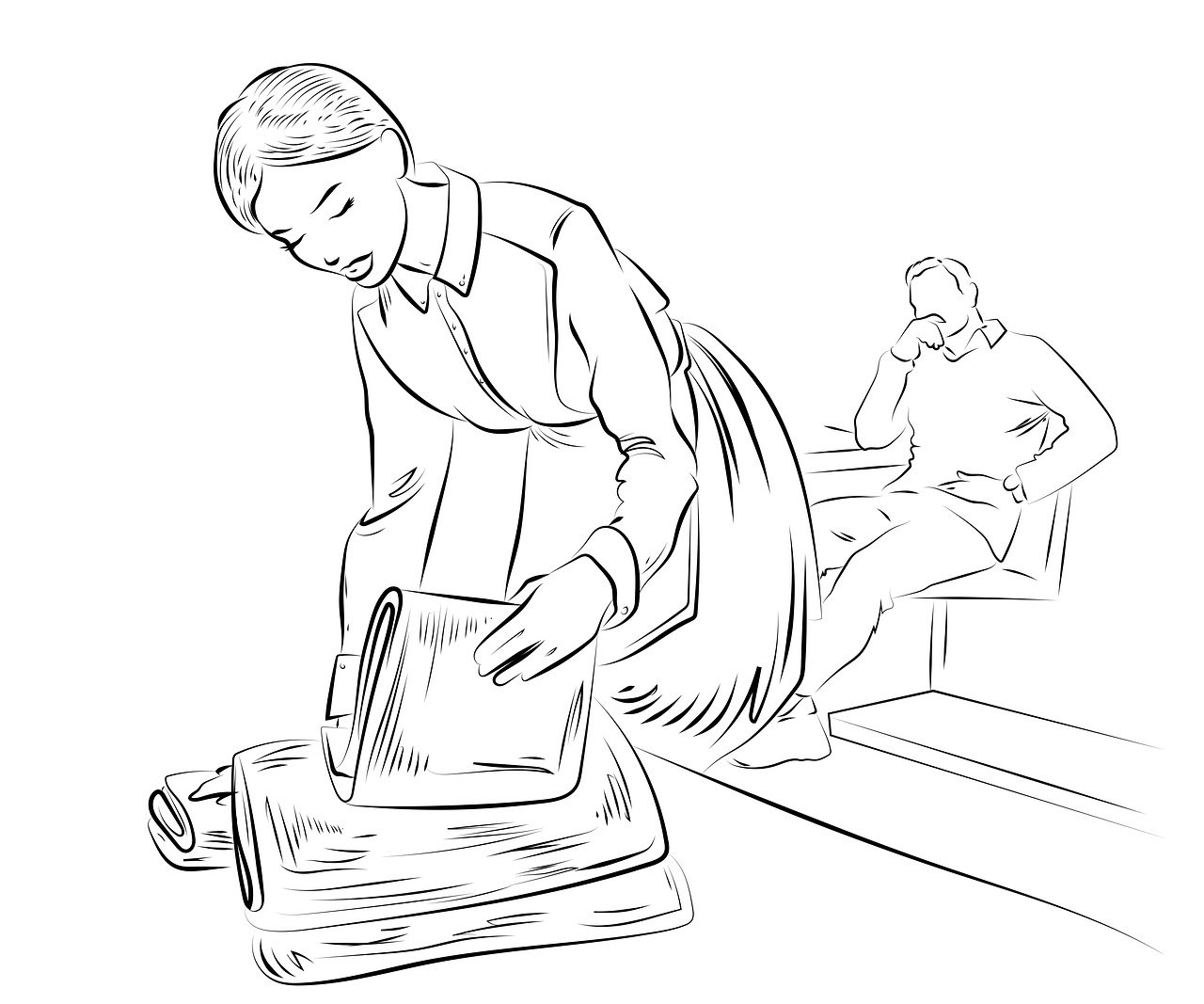What Is Unpaid Caregiving?
Unpaid caregiving refers to the work of caring for children, elderly family members, or running a household without financial compensation. It includes tasks like cooking, cleaning, and managing emotional support for family members. While this work is essential, it often goes unrecognized and undervalued. In most cases, women shoulder the majority of unpaid caregiving responsibilities, leaving little time for personal or professional growth. Globally, unpaid caregiving contributes significantly to the economy, yet it remains invisible in economic policies and workplace considerations. Recognizing the value of unpaid caregiving is the first step toward addressing the gender imbalance.
Why Women Bear the Burden
Women disproportionately take on unpaid caregiving because of traditional gender roles that view them as primary caregivers. Cultural expectations, societal norms, and lack of support systems often force women to prioritize caregiving over their careers. Men, on the other hand, are less likely to be involved in caregiving, partly due to stereotypes about masculinity and breadwinning. These roles are so ingrained that women may feel guilty for prioritizing their careers or asking for help. Without shared responsibilities, women often sacrifice their professional ambitions, further widening the gender gap in workplaces and financial independence.
The Economic Cost of Unpaid Caregiving
Unpaid caregiving has a significant impact on women’s financial independence. Time spent on caregiving often prevents women from pursuing paid work or advancing in their careers. This creates a lifelong income gap, with women earning less than men and struggling with retirement savings. The economic impact isn’t just personal—it’s societal. If caregiving tasks were monetized, they would contribute billions to the economy. However, the lack of formal recognition means caregivers have little financial security, making them vulnerable in cases of divorce, widowhood, or job loss. Recognizing unpaid caregiving as valuable labor is essential for gender equity.
Recognizing the Value of Caregiving
Caregiving is essential labor that sustains families and societies, yet it is undervalued. Governments and workplaces must acknowledge the importance of caregiving by creating policies that support caregivers. This includes providing paid family leave, subsidized childcare, and caregiving allowances. Society also needs to shift its perception of caregiving from being “women’s work” to a shared responsibility. Campaigns, education, and conversations can help change these outdated attitudes. Recognizing caregiving as valuable labor empowers women and creates a more balanced and inclusive system for all.
Redistributing the Caregiving Load
The solution to the unpaid caregiving burden lies in redistributing responsibilities. Men must actively share caregiving and household tasks, breaking the stereotype that caregiving is solely a woman’s duty. Employers can offer flexible schedules, remote work options, and parental leave for both men and women to encourage shared responsibilities. Communities and governments can also support families with affordable daycare, eldercare services, and financial support for caregivers. By redistributing the load, women can have more time and opportunities to pursue their personal and professional goals, ensuring greater equality in households and workplaces.




